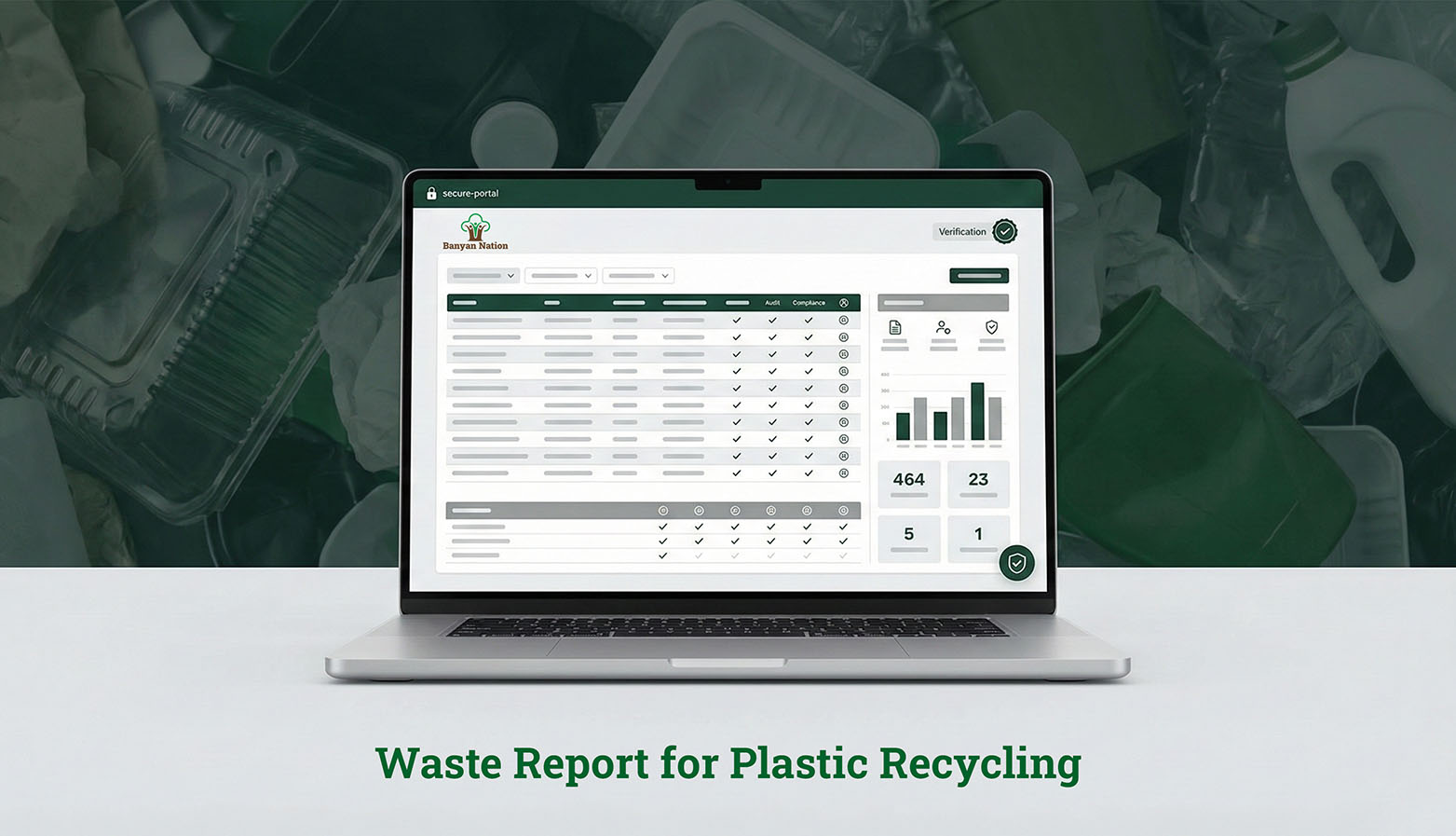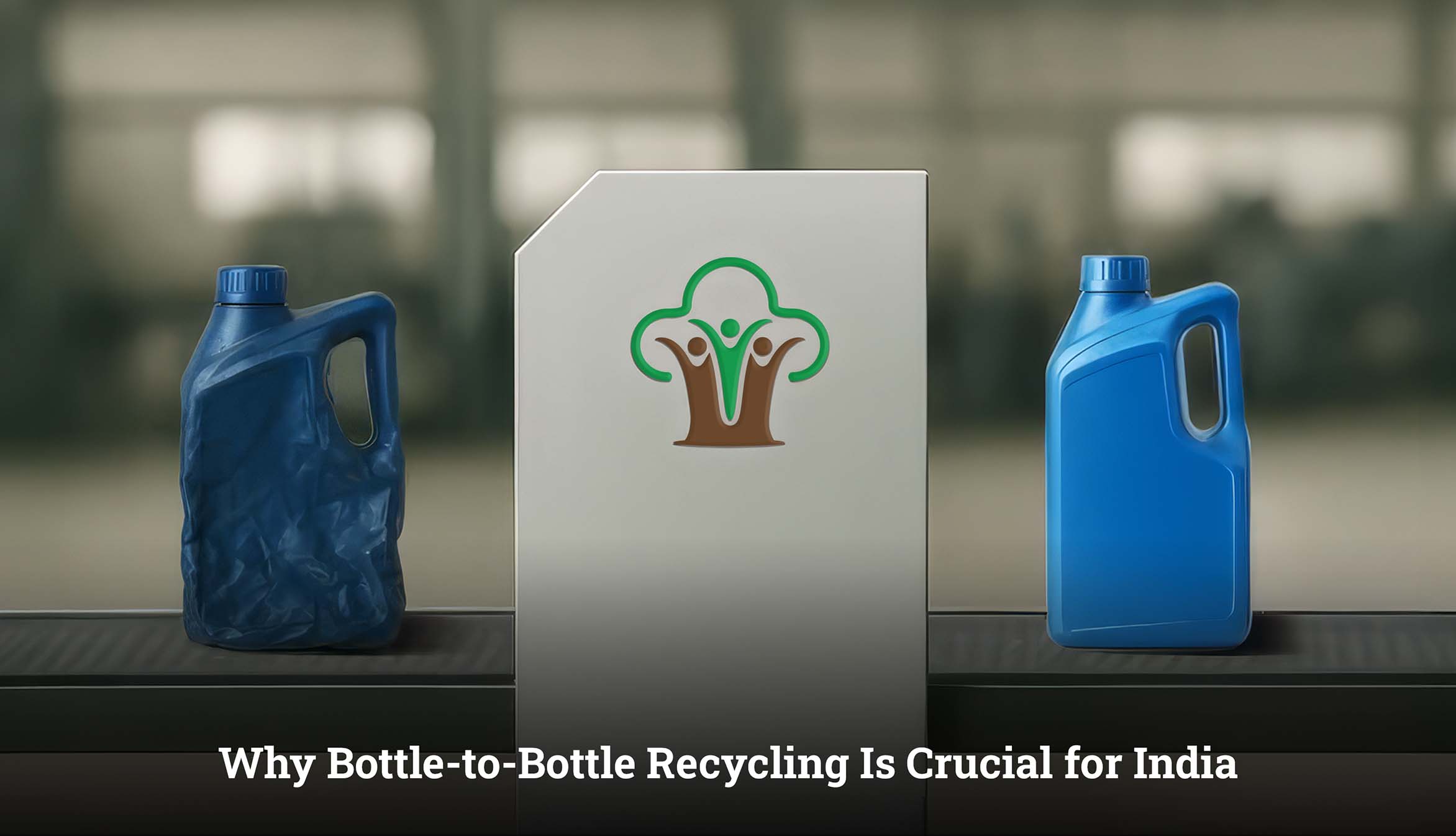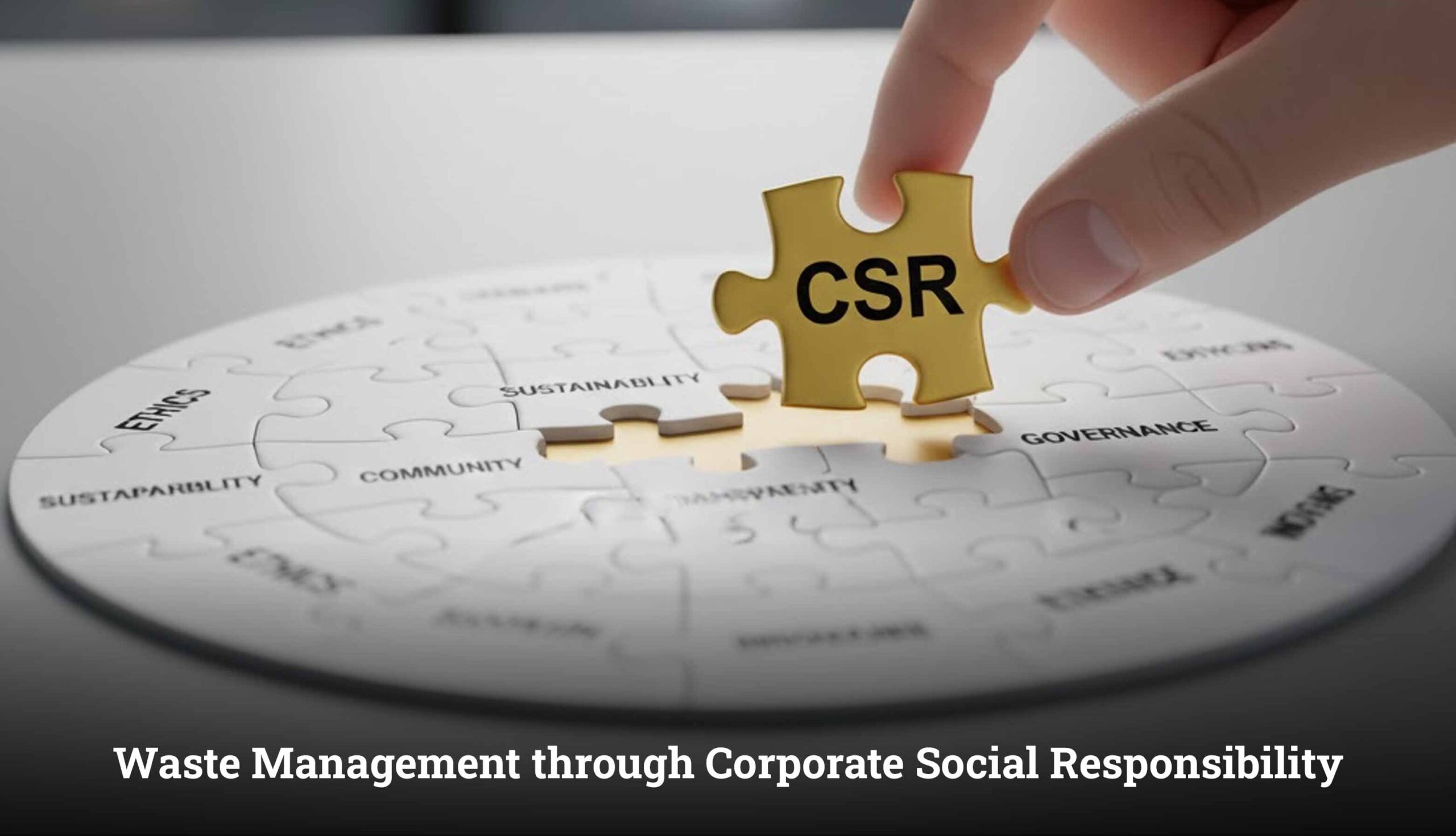Plastic as a material is very versatile. It has over a period of time revolutionized a lot of industries and companies that manufacture plastic packaging. This makes plastic waste management important for all companies in this space.
There is a major negative impact on the environment due to the accumulation of plastic waste on land. This is because the nature of the plastic is non-biodegradable. This is a threat that causes water pollution due to the waterways getting clogged up. This is also a threat to the oceans and to human health.
What is Plastic Waste Management?
The management of plastic waste is the systematic process of collection of the plastic, transportation and processing of the plastic. It is very important for the disposal of plastic waste to be done in a responsible manner. If mishandled, this could have a serious environmental impact, contributing to land pollution, river contamination, and oceanic water pollution.
Key Components of Plastic Waste Management:
Plastic waste management involves several key steps:
• Collection of plastic waste.
• Transportation of the collected waste.
• Processing of the transported waste.
• Disposal of the processed waste.
Environmental and Health Impacts of Plastic Waste
There are major health and environmental implications of plastic waste. This is very far-reaching.
The pollution of land, air, marine and even the soil. The accumulation of plastic waste ends up contaminating the groundwater and the soil. This also causes major land pollution. Climate change also has a major negative effect such as an increase in greenhouse gas emissions due to the production and disposal of plastic. There is disruption of ecosystems because the plastic waste ends up in oceans. This harms marine life as well. Another negative effect is the exposure to microplastics that leads to respiratory and digestive problems that can be very long term in nature.
The importance of Plastic Waste Management
The preservation and mitigation of climate change is definite if the plastic waste is managed properly. Sustainable development and improvement of public health is taken up as a crucial step by governments.
- Public Health Improvement : Risks that are associated with plastic are prevented from causing long term damage.
- Preservation of Ecosystems: There is definite protection of the marine life and the terrestrial ecosystem and the life that resides in it
- Climate Change Mitigation: Reduction in plastic waste can mitigate these efforts.
- Sustainable Development Promotion : The circular economy principles and sustainable practices are encouraged.
How to Manage Plastic Waste?
There are practical steps that should be followed properly for plastic waste management
Plastic waste consumption reduction
- Reusable shopping bags
- Reusable single-use plastic alternatives
- Avoid use of excessive plastic packaging
Recycling of Plastic waste:
- Sort plastic waste into different categories for recycling.
- Check local recycling guidelines to ensure proper disposal.
- Support recycling initiatives and programs.
Composting Biodegradable material:
- Compost biodegradable food waste to reduce organic waste in landfills.
- Avoid using plastic bags for composting.
Proper Disposal Of Plastic:
- Dispose of plastic waste in designated bins.
- Avoid littering, especially in water bodies.
Support Policy and Regulations:
- Advocate for stricter regulations on plastic production and use.
- Support policies that promote recycling and sustainable practices.
The Future of Plastic Waste Management
The future of plastic waste management lies in innovative solutions and technological advancements:
These include technologies that are advanced for recycling and can break the plastic down easily into building blocks for reuse. There are also biodegradable plastics, these decompose naturally and can reduce the environmental impact. Next is the circular economy , through the promotion of the circular economy model , there can be minimization of waste and maximisation of resource efficiency. Along with this there is also Consumer behaviour change and awareness. This involves the education of the public on the importance of plastic waste management and its importance for the future and also encouraging sustainable consumption habits.
Conclusion
A complex issue in this field is Plastic waste management. There is a collective action that is required to be implemented to show a positive impact. Responsible recycling practices , the reduction of plastic consumption and through the support of sustainable practices, mitigation of the effects on the environment is possible.
This impact can affect the future of our planet and all this depends also on our ability to manage the plastic waste effectively.
FAQ's
What types of plastics can be recycled ?
There are many types of plastics that can be recycled. They are as follows :
The first type includes Polyethylene Terephthalate, which is also known as PET. This is used in the packaging for water bottles, food trays and soda bottles. After this we have High-density polyethylene, which is also known as HDPE. This is used in shampoo bottles, milk and detergent. Lastly there is Polypropylene also known as PP. The uses include medicine bottles, yogurt containers and the manufacturing of bottle caps. Plastics like polystyrene and PVC are quite difficult to recycle. This is because the composition is highly complex.
What are the benefits of recycling plastics
There are quite a few positive benefits to recycling plastics.These benefits include environmental and economic benefits:
- Benefits include the diversion of plastic waste from landfills and the reduction of greenhouse gas emissions. In addition to this it also helps conserve natural resources.
- There is a lesser energy requirement than what is needed for the production of new plastic. The carbon footprint is lower as well.
- Important valuable resources like oil are also conserved.
- There is prevention of pollution of air, water and soil
- The growing industry also creates economic benefits such as the creation of new green jobs.
What is the EPR scheme of plastic?
EPR is extended producer responsibility which is a policy now followed by companies and industries.This policy is an approach that holds the producers of plastic waste responsible for the entire lifecycle of their products. The scheme of EPR requires all producers to take accountability from the collection stage to recycling to the end of cycle disposal of the plastic packaging. This scheme encourages producers to keep in mind recyclability when they are designing the product.
Let's Embrace EPR to Support a Ciruclar Economy
As businesses shift from a linear to a circular economy, Extended Producer Responsibility.

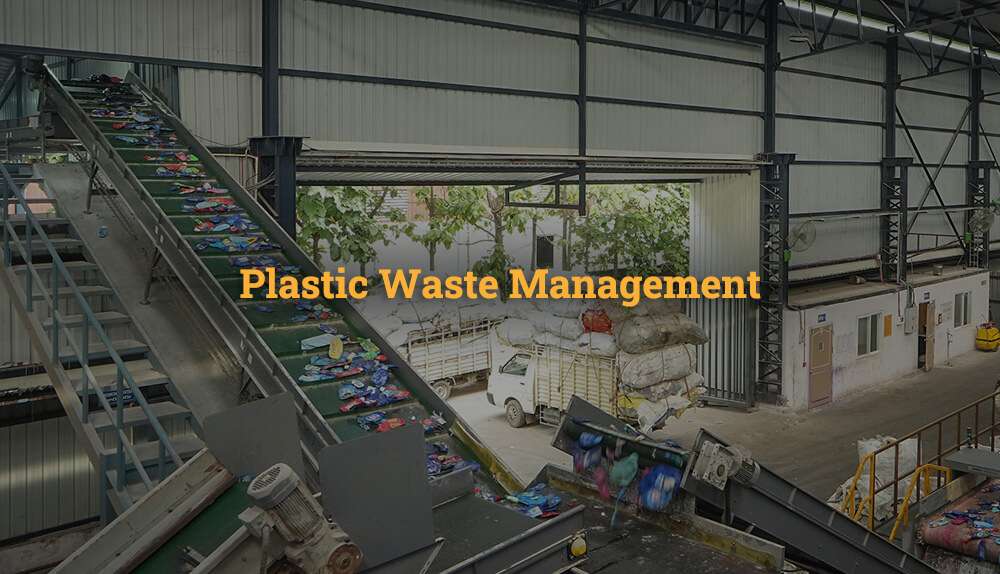
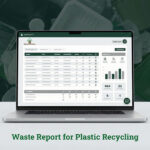 What Is Waste Reporting and Why Does It Matter in Plastic Recycling?
What Is Waste Reporting and Why Does It Matter in Plastic Recycling?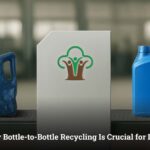 What Is Bottle-to-Bottle Recycling? Why It Matters for India
What Is Bottle-to-Bottle Recycling? Why It Matters for India The Role of CSR (Corporate Social Responsibility) in Waste Management
The Role of CSR (Corporate Social Responsibility) in Waste Management What is Takeback Program & Their Role in Building a Circular Economy
What is Takeback Program & Their Role in Building a Circular Economy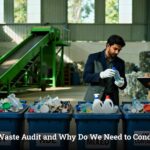 What Is a Waste Audit and Why Should Recycling Companies Conduct One?
What Is a Waste Audit and Why Should Recycling Companies Conduct One?